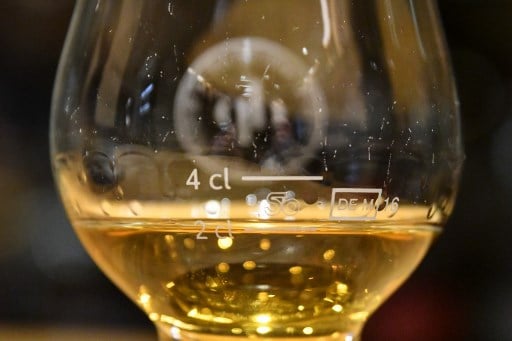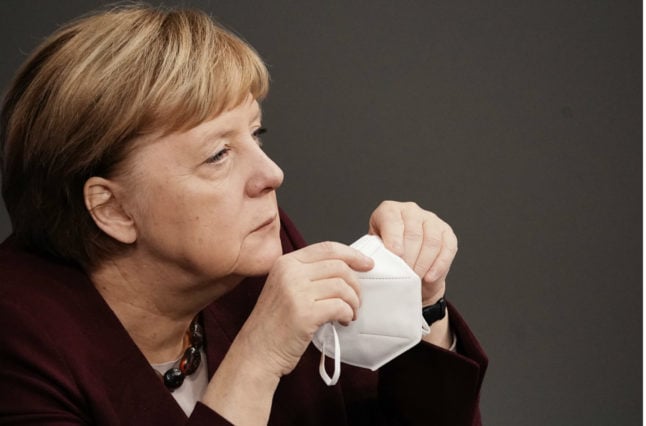The forgery was discovered after Scottish whisky experts travelled to Switzerland to conduct tests, 20 Minuten reported.
It finally lays to rest the speculation over the malt’s authenticity that arose when the story broke in August.
It began when a young Chinese customer entered the Devil's Place Whisky Bar at the luxury Waldhaus Hotel in St Moritz, northeastern Switzerland, and expressed particular interest in rare Macallans.
The bar, which has a whisky collection mentioned in the Guinness Book ofWorld Records, had 47 options, ranging from seven francs to 10,000 francs per glass.
The customer chose the bottle marked as an 1878 vintage, which went for 9,999 francs ($10,000) for a two-centilitre measure.
According to the online news site, specialists at Rare Whisky 101, who regularly serve as consultants at whisky auctions, established that the bottle's label was a fake.
They said carbon dating had shown that the malt had actually been distilled between 1970 and 1972.
After discovering the forgery, the proprietor of the Waldhaus, Sandro Bernasconi, travelled to Beijing to apologize to the customer and refund him, the paper said.
“It is customary in China to admit your faults,” 20 Minuten quoted him as saying.
Bernasconi said it was also important to show that “the Swiss are honest people and do not engage in scams”.
There were obviously no hard feelings, as the two men then went out for dinner and had a discussion about whiskies, the website said.
The Chinese man asked to see the results and said he appreciated Bernasconi’s honesty.
The site published a photo of the two men holding a symbolic voucher valued at 9,999 Swiss francs, dated October 2017.
Bernasconi said the bottle with the fake label was bought 25 years ago by his father who previously ran the hotel.
“This whole time, we never doubted that the bottle was an original,” Bernasconi told 20 Minuten.




 Please whitelist us to continue reading.
Please whitelist us to continue reading.